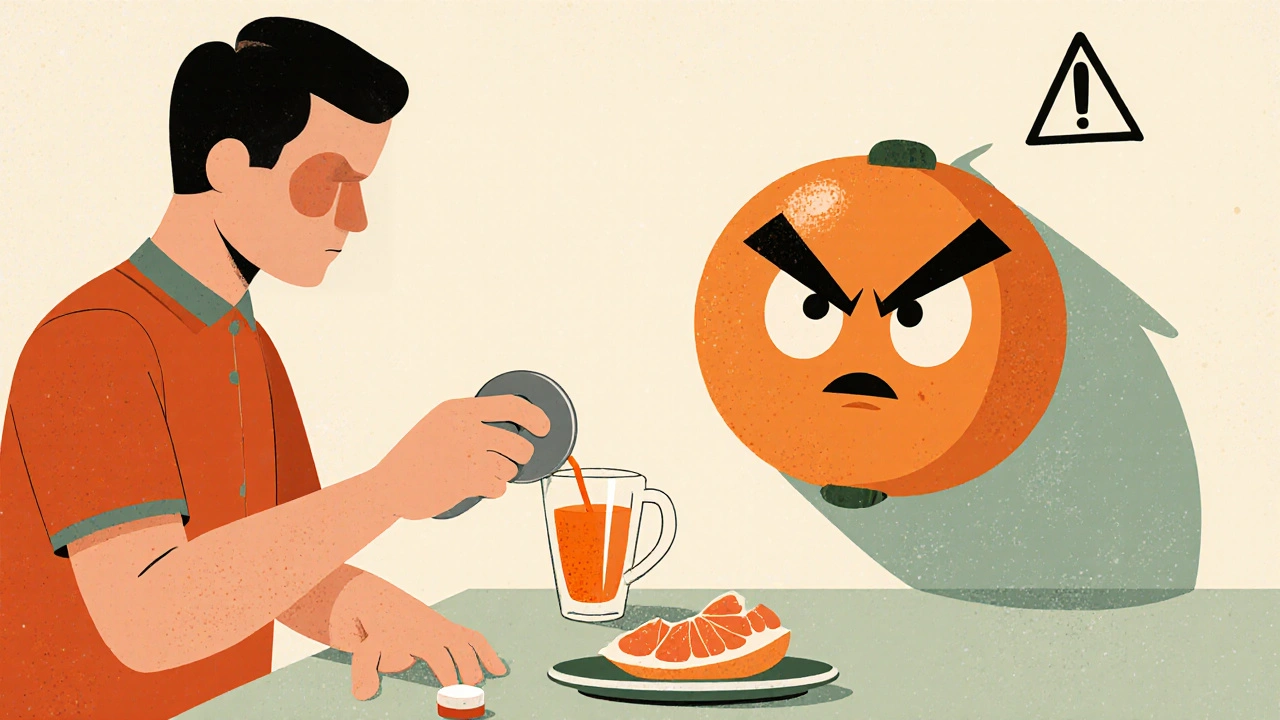Supplement Interactions: What You Need to Know Before Mixing Them
When you take a supplement interaction, a reaction between dietary supplements and medications that can change how either works in your body. Also known as herbal-drug interactions, it’s not just about side effects—it’s about safety. Many people think supplements are harmless because they’re "natural." But that’s a dangerous myth. A daily multivitamin, a turmeric capsule, or even a magnesium pill can interfere with your blood pressure medicine, blood thinners, or antidepressants—sometimes with serious results.
Take St. John’s wort, a popular herbal supplement used for mild depression. It’s not just a tea. It speeds up how your liver breaks down drugs, which can make your birth control, HIV meds, or even chemotherapy less effective. Then there’s vitamin K, a nutrient that helps blood clot. If you’re on warfarin, too much vitamin K from greens or supplements can undo the drug’s effect and raise your risk of clots. And don’t forget calcium, a common supplement for bones. It can block absorption of thyroid meds, antibiotics like tetracycline, or even iron pills if taken at the same time.
These aren’t rare cases. Studies show over 70% of adults use at least one supplement, and nearly half take them with prescription drugs. Yet most never ask their doctor or pharmacist about possible clashes. You wouldn’t mix cleaning chemicals without reading the label—why treat your body any differently? The problem isn’t the supplement itself. It’s the lack of awareness. A probiotic might help after antibiotics, as one of our posts shows, but if you’re on immunosuppressants, even probiotics can be risky. A magnesium supplement might ease muscle cramps, but if you have kidney disease, it could build up to toxic levels.
What you’ll find below isn’t a list of scary warnings. It’s a practical collection of real-world examples showing exactly how supplements and medications collide—and how to avoid the traps. From how antibiotics trigger yeast infections and why probiotics help, to why heat can turn a fentanyl patch deadly, these posts give you the facts you need to stay safe. You’ll see comparisons between drugs like Compazine and its alternatives, how generics save billions without sacrificing safety, and why liver enzyme tests matter when you’re stacking supplements. This isn’t theory. It’s what happens in real lives. And if you’re taking anything—prescription, over-the-counter, or herbal—you need to know this.

Drug Interactions: How Food, Supplements, and Medications Can Clash and What to Do About It
Food, supplements, and medications can clash in dangerous ways-grapefruit can make statins toxic, St. John’s wort can render birth control useless, and vitamin K can undo warfarin. Learn how to spot and prevent these hidden interactions.
